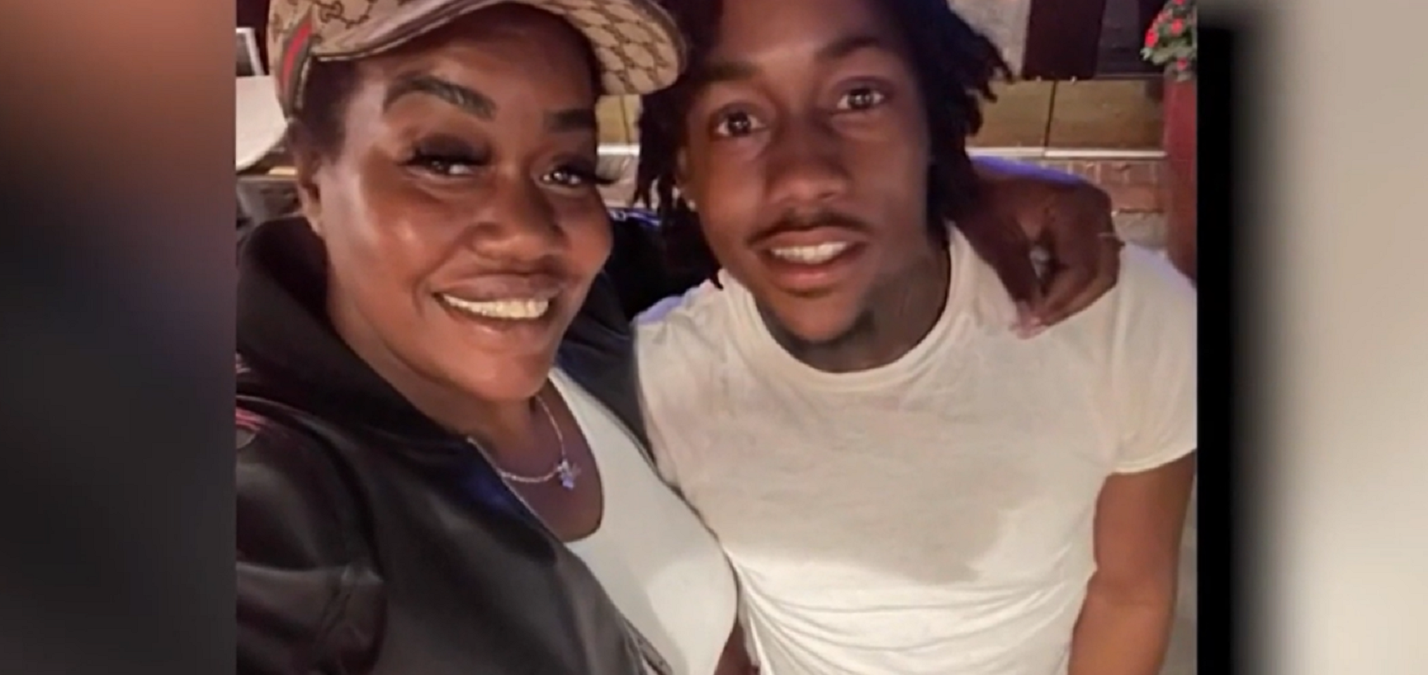Chicago police officers accused of misconduct can spend years in limbo, many off the streets but still getting paid, as their cases make their way through the city’s investigatory process.
From 2008 through this year, Chicago taxpayers have paid out more than a billion dollars in settlements and judgments stemming from complaints filed against the Chicago Police Department, according to data from the city's Department of Law. More than half of those were the result of allegations of abuse, excessive force, civil rights violations and similar misconduct.
Meanwhile, the city's investigations of police accused of wrongdoing often drag on for years, with hundreds of officers manning desks instead of squad cars as their cases crawl through the system.
"I think it's problematic for the taxpayers that are having to shoulder the burden of paying police officers that are not doing police work," said attorney Torreya Hamilton, a former prosecutor who previously worked for the city of Chicago but now frequently represents citizens in civil cases against the Chicago police.
Feeling out of the loop? We'll catch you up on the Chicago news you need to know. Sign up for the weekly Chicago Catch-Up newsletter here.
"I don't just blame the police department. I blame the city. They are complicit in this," she said.
Here's how the system is supposed to work: complaints arrive at the Civilian Office of Police Accountability, the police oversight agency that's independent from CPD and more commonly known as COPA. COPA's annual report for 2021 showed the agency has received more than 5,000 complaints each year for the past three years.
Those complaints may be investigated by COPA itself, CPD's own Bureau of Internal Affairs or the city's Inspector General.
Local
If a complaint against an officer is sustained, discipline is recommended to the CPD superintendent. If either the superintendent or COPA recommends that an officer be fired from the department, that goes to the Chicago Police Board for a determination.
It sounds cut and dried - but even the Chicago Police Board has made note of how long some cases drag on before they see them. In a 2019 decision on an incident that occurred in 2012, the Board wrote that the time it took for the case to reach them was "excessive."
"The Board continues to be deeply troubled by cases such as this, in which the charges were filed more than six years after an incident occurs," the Board's decision reads. "While the delay has no effect on the Board’s decisions as to the facts or outcome of this case, it is noted for the purpose of providing another example of excessive delay to help ensure that keeping delays to a minimum continues to be a priority in resolving allegations of misconduct."
Cases decided by the Police Board so far this year took an average of 3.8 years from the date of the incident to when charges were filed, according to the Board.
"It's a complex set of factors that can contribute to that," said COPA's Chief Administrator Andrea Kersten, who controls only one part of that process.
Some have noted that the broader system often takes much longer than criminal cases: while a civilian may be arrested and charged with a crime almost immediately, Chicago's lengthiest investigations into officers accused of misconduct can stretch over a decade or more.
"I don't necessarily think the public's wrong to point to that inconsistency," Kersten said.
"But it is really important to understand the distinction," she added. "This isn't a criminal investigation. This is an employment investigation."
But if an officer retires or resigns, even after years of investigation, that investigation stops entirely.
"We don't have jurisdiction over someone that's not a department member," Kersten said.
NBC 5 Investigates obtained internal CPD records dating back to 2009 that show 325 officers relieved of their police powers - meaning they cannot carry a badge or a gun and have no power to make arrests - spent a total of 233,148 days in limbo, an average of nearly two years apiece, before they were discharged or resigned.
And police pension records analyzed by NBC 5 Investigates show at least 115 officers who quit their jobs while under investigation or some who were even fired, are drawing pension payments totaling $466,376 each month.
"They are emboldened by the fact that there are no consequences," Hamilton said.
"When that resignation takes place, it's not as if that individual walks out without that following them so, you know, should they decide to seek other, similar employment, that information is going to be made available to them, to a future employer," Kersten said.
CPD, Chicago's Fraternal Order of Police and the Policemen's Annuity and Benefit Fund of Chicago all declined comment. And it's important to note that under Illinois law, officers can only have their pensions revoked if they're convicted of a duty-related felony.
Kersten conceded that in cases where an officer leaves CPD, the abrupt termination of an investigation, seemingly without resolution, can be frustrating. But she argued that each investigation, regardless of outcome, sends a strong message to the department.
"We have to remember that the department and all of the officers within the department can learn lessons from any one of these individual outcomes," Kersten said. "These cases are held up as examples in the public and within the department in ways that ultimately lead to better reform."
"Individual accountability is one part of it,” she added. “But broader reform for the entire department is what we are really all working towards.”
Kersten noted that one sign of progress in those reform efforts is the increase in the number of officers reporting potential wrongdoing by their fellow officers: from 70 complaints in 2017 to 255 so far this year.



